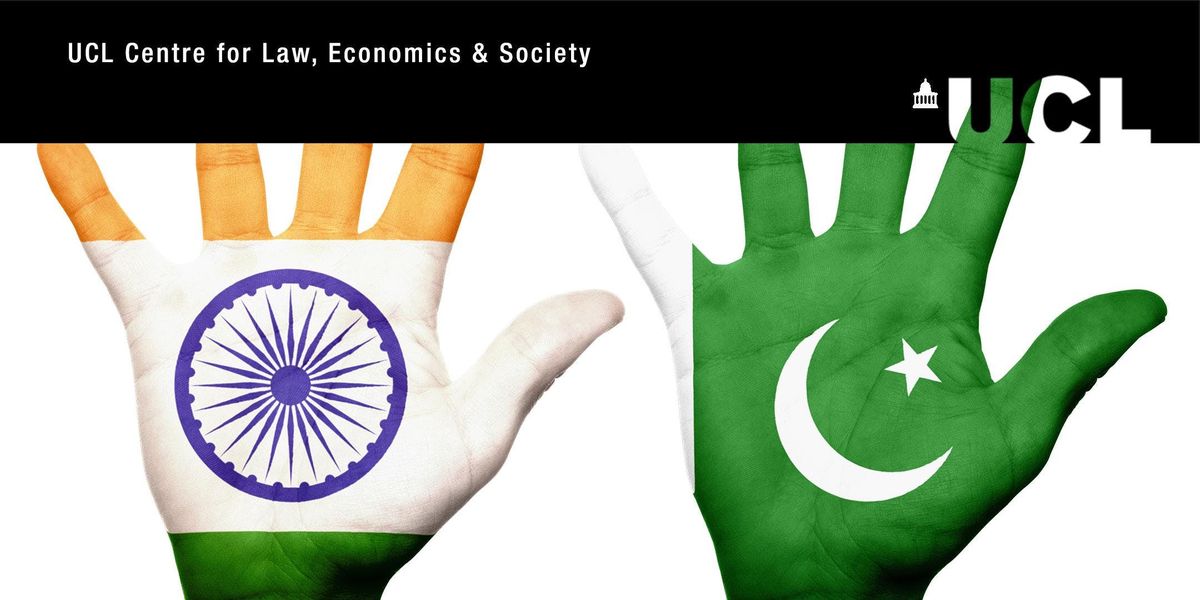“Role of Courts in competition law enforcement in India” -MM Sharma speaks in the 1st UCL South Asian Competition Law Conference held in London on 6th November,2018.

I was invited by the University College of London (UCL) , Faculty of Law at its 1st UCL South Asian Competition Law Conference, 2018 held on 6th November ,2018 in London to speak on the above topic which was nicely renamed as “Exercising their Writ: Courts and Competition Enforcement in India “.
The topic required an extensive research on all landmark orders of the Competition Appellate Tribunal (COMPAT), judgments of the High Courts and the Supreme Court of India. I am preparing a Paper on this topic and will be sending it for publication in some leading international legal journals .
In my view, Courts in India have played a decisive role in streamlining the jurisprudence on competition law enforcement both with respect to Antitrust provisions (relating to prohibition of anti-competitive agreements and abuse of dominant position i.e. section 3 and 4 of the Competition Act, 2002, the Act) as well as to regulation of combinations ( section 6 of the Act) , with regards to “Gun jumping”.
The influence of the Supreme Court is seen mainly on the restructuring the CCI in the Brahm Dutt case, in reiterating the legislative mandate of section 26(1) of the Act in the SAIL Case, by changing the substantive law on imposition of penalty on “relevant” turnover instead on total turnover in the Excel Crop case , in enforcing penalty for Gun jumping in Thomas Cook case and SCM Soilfert case and recently in emphasizing on market conditions that is economic realities instead of legal requirements of the Act in the Rajasthan Cylinder case .
The Delhi High Court , on the other hand, has been no less in influencing the CCI functioning , whether it is relating to the scope of DG investigation in Grasim case , right to review and recall prima facie order under section 26(1) of the Act in the Google case and dilution of the same in recent Cadila case , curbing extra zealous DG in conducting “dawn raids” when not due in JCB case , clarifying right to cross examination of witnesses in South Asia LPG case , reassuring presence of advocates during depositions made before DG during investigation in the Oriental rubber case and in outlining limits of the perceived “interference “ by lawyers during such depositions before DG during investigation in the LPA judgment in the same Oriental Rubber case et al.
Similarly, the convincing role played by COMPAT (under Justice Singhvi , in particular ) in quashing order after order of CCI for violation of principles of natural justice in the Cement cartel case , InterGlobe case and the BCCI cases et al can not be forgotten by competition lawyers in India.
Please find attached herewith my PPT Presentation.







